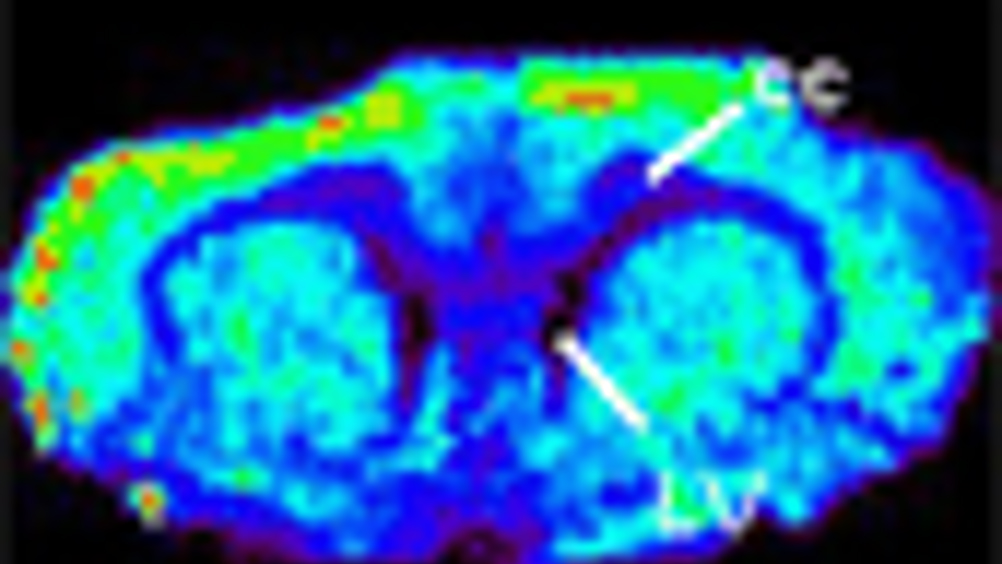Lund reports nanowire progress

Researchers at
The breakthrough at
Researchers at
The study used nanowires that were mixed into a fluid and injected into the rat brains. An equal number of rats were given the solution without the nanowires. After one, six, and 12 weeks, the researchers looked at how the rat brains reacted to the nanowires. After 12 weeks, only minor differences were shown between the brains of the test group and the control group.
Register now to continue reading
Thanks for visiting The Engineer. You’ve now reached your monthly limit of news stories. Register for free to unlock unlimited access to all of our news coverage, as well as premium content including opinion, in-depth features and special reports.
Benefits of registering
-
In-depth insights and coverage of key emerging trends
-
Unrestricted access to special reports throughout the year
-
Daily technology news delivered straight to your inbox










UK Enters ‘Golden Age of Nuclear’
The delay (nearly 8 years) in getting approval for the Rolls-Royce SMR is most worrying. Signifies a torpid and expensive system that is quite onerous...